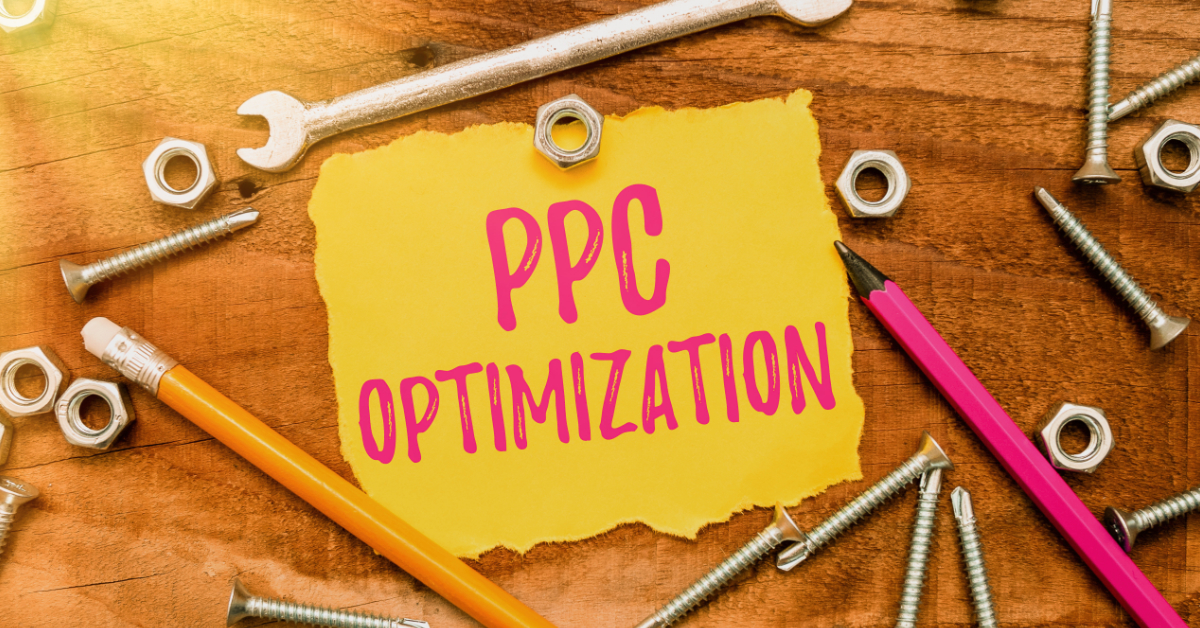More and more companies are using PPC ads to create even better results for their companies. Whether we like it or not, this optimization stays with us for good, so we may as well get acquainted with it.
PPC offers a bidding chance on particular keywords or customers’ interests to be shown to your target audience on the desired platform. It can be a search engine, social media page, or something completely different – the choice is yours. The only thing you need to remember is that with every click, you will be billed at the end, so be sure to create an ad that will help you to grow!
In this article, we will look at different ways you can optimize your ad, get even better results, and save money in the process. Of course, those are some of the most common methods of making your ads more visible; there are plenty of different platforms, with maybe some other tools to keep in mind. You will have to investigate that for yourself. We based our findings mostly on Meta/Google/Amazon/LinkedIn advertising, so keep that in mind when implementing those changes. With that in mind, let’s dive into some details!
What Is PPC Optimization?
PPC campaigns are some of the most efficient ways of promoting your products. Whether this would mean putting your PPC ads on social media or search engines, with the right approach, you can get to your target audience in no time. But, as with all things, it needs to be optimized from time to time to get the best results you can.
With this kind of digital model, you pay a fee whenever your ad is clicked or viewed by the user. Whether those are Google ads or social media PPC campaigns, you can get people to your landing pages quickly. So, to make the best of it, let’s review some of the best PPC optimization strategies for your ad campaigns. Let’s dive in!
Keyword Optimization
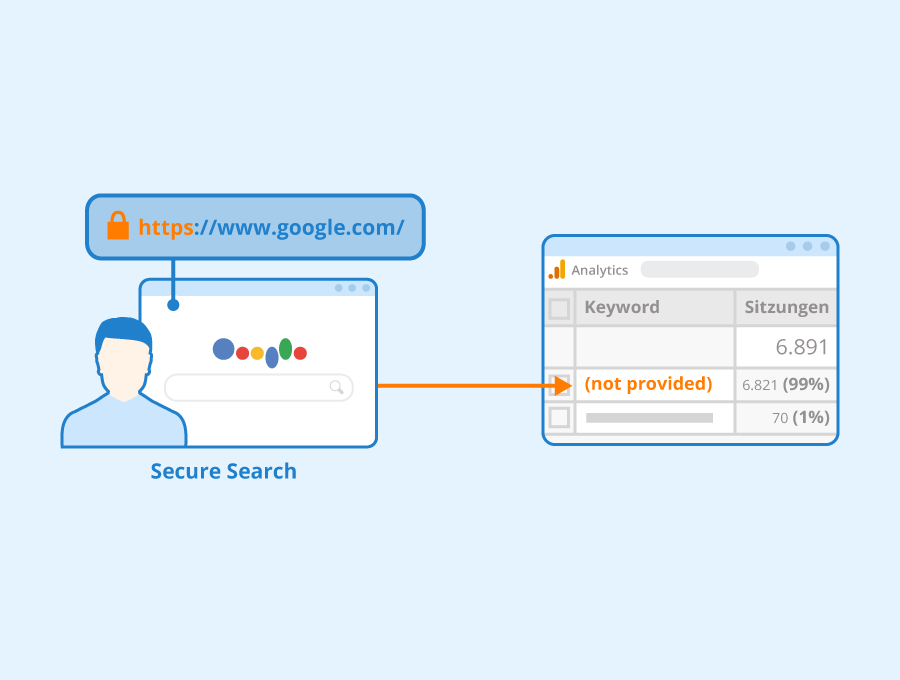
First, we have keyword optimization. It’s one of the most critical elements on our list, as you will have to perform advanced research to find the best ad groups and keywords that will correspond with your PPC campaign optimization objective. Your campaign performance will rely on how you will optimize keywords, so be sure to make your ad campaign full of the best search terms you can find. Here are some tips on how to do that.
Keyword Research
The first thing you need to do to optimize PPC campaigns from the keyword perspective is to do some proper research. Identify phrases that align with your product, and see what are the most high-performing ones on the market.
Some tools can help you in that process, like Moz, Ahfres, or even Google’s Keyword Research. After you are done with your research, you will need to select the most relevant keywords for your particular situation.
There will be plenty to choose from, and you will probably not have the budget to take all of those, so think twice before choosing the right one. You can also try grouping your keywords into different categories to make an ad group and see which search ads perform better than others.
Negative Keywords
Next, we have the negative keywords aspect. Identifying the keywords you don’t want to be advertised next to is essential. And it’s not because of the PR reasons of anything like that; it’s mostly to optimize your existing phrases. If you have a gaming store and you want to boost sales, you will probably put Assassin’s Creed Odyssey, but the works of Homer would rather not be in line with your interests. So, Homer is out for your PPC marketing.
Ad Copy Optimization
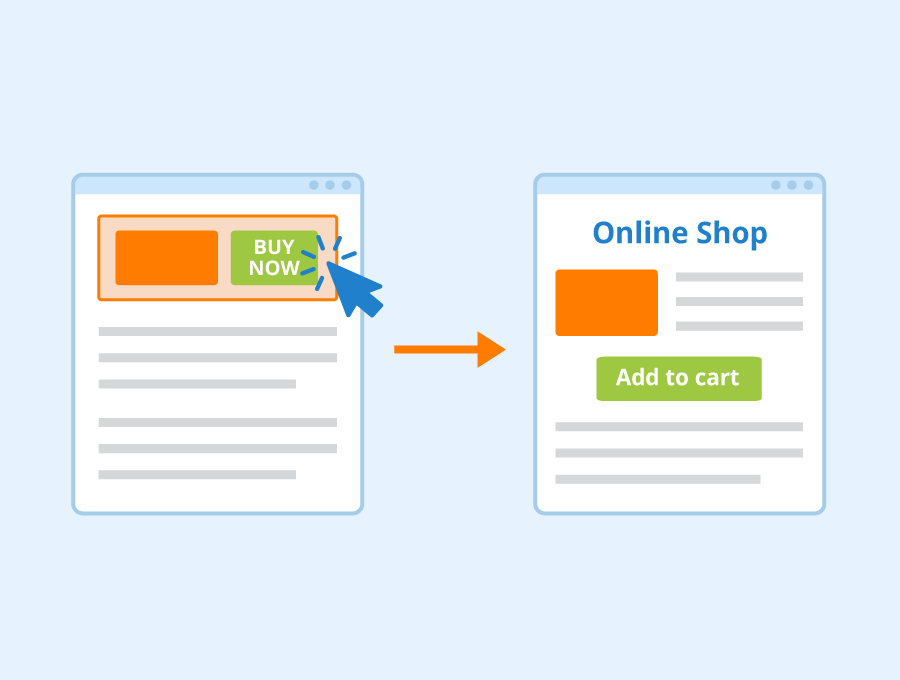
Another big thing that you can optimize is your PPC ad itself. And more specifically, the ad copy that you came up with. If your click-through rate is low, it may be because the ad copy does not make the customer feel like they would want to click on it.
Maybe you need to create a more visible call to action. Sometimes, it’s even changing the wording. We had a situation in the past where the client changed the “Do you (…)?” in their ad to “You (…).” and got a 10% boost in CTR. So, experiment away. Here are some other things that can help you in your PPC performance.
Clear Messaging
Sometimes enough is, well, enough. Many advertisers overthink their ad copies and want to create their perfect PPC campaign strategy, where every single word tells the story of a thousand possibilities. But, sometimes, it comes out as a mess that no one wants to click on. If you have a gaming shop, returning to the example from before, sometimes it’s good to say – hey, we are here; we have a sale/reasonable prices; come check it out.
Unique Selling Point
It’s also great to highlight your unique selling point. In the gaming shop example, you can say you have the most extensive collection of PS5 games in the area. Or maybe you have some fantastic deals that the competition hates you for. There are plenty of ways to improve your PPC advertising by properly presenting why your particular shop is better than everyone else’s.
Call-To-Action
It may sound cruel, but sometimes you just need to tell people what you want them to do. Phrases like “buy now” or “sign up” may seem stupid at first glance, but they, for some reason, work. Include a solid call to action in your PPC strategy, especially regarding social media ads.
Ad Extension
Moreover, you can also utilize the ad extensions if the platform you are using allows for that. You can always create a PPC optimization checklist for that purpose and see if you have added your banner and video ads; maybe you can make an entirely new and wonderful gif for this platform. And don’t forget about ad placements, as those can change everything, especially in Google search ads.
Landing Page Optimization

Next, we have the landing page optimization. Why is it essential from the perspective of PPC ads? Well, it allows you to create a seamless user experience and get a lot more conversions if done correctly. You can use a negative keywords list, ad extensions, and multiple channels to promote your product, but if your landing page does not offer a good customer experience, no PPC platform can help you. So, here are some ways that you can improve that situation.
Ad Copy Relevance
If you are creating an ad copy where you advertise your shop as having the best selection of PS5 games in the area, and then you have maybe two of those – people will not like that. To create a good landing page, make it relevant to the ad copy you have prepared. Make people see what you told them. The internet crowd is particular, so they will see that and respond accordingly if you make a mistake or try to fool them.
Let It Load!
One of the critical elements of your paid research is to make your page accessible to, well, be viewed by the customers. Nowadays, if your site takes more than half-second to load, we are out of there. Especially if you are trying to sell us something; similarly, no customer from your targeted traffic will want to wait for the site to load if they are not even convinced that they want to buy something from you. Make your user experience remarkable!
Tell Them What to Do!
Once again – people need to know what you want them to do on your site. Whether this would be a simple “buy now” from the example above or something like “subscribe,” you need to tell them what action you want them to perform. It’s the essence of paid search on most PPC platforms, as the conversion rate is all that matters in the end.
Mobile Optimization
We cannot stress enough how important it is that your site is running smoothly on a computer screen and mobile devices. People mainly use phones to browse the internet, so give them what they want. Meet them where they are! You can’t optimize your PPC paid ads if you have a site that works only on Windows. That would kill most of your potential traffic!
Design…But not Too Much Design
And finally, be sure to make your site as beautiful as possible and then…scratch half of it. The thing about a good website is that you can easily navigate it with no issues; you can see that here is the buying option, here you can sign in, and here you can find contact information.
Everything should be accessible, understandable, and easy to use. The worst thing you can do is create a giant site with many different pop-ups everywhere. If customers see that, they just fly away to, well, other search queries.
Bid Management

Another tactic for PPC optimization is correct bid management. Of course, you can use the built-in digital marketing tools like Meta Pixel or Google Tag Manager to make that for you, but it will do it optimal from their end. And, if you want to have bid adjustments that work particularly for you – you will need to do it yourself. Here are some of the ways you can work with that.
Create Clear Objectives
The most important thing about Pay-Per-Click (PPC) advertising is to have a goal in mind. And bid accordingly. If you want more people at your store, don’t go overboard with some elusive – gaming keyword that costs a lot of money, and you will not have good results. Try geographic bid adjustments. Gaming Shops near X Street would work much better than the general “Where to buy Assassin’s Creed Odyssey.”
Categorize Your Bidding
You can always try and bid on different categories of demographics, keywords, etc. Setting up multiple campaigns can provide information on what works and what – not so much. Getting those groups in a comprehensive search terms report can help your online business to grow and improve the optimization process within the same campaign. It’s an excellent bidding strategy that can present you with an entire ad group with all its flaws and advantages.
Ad Scheduling
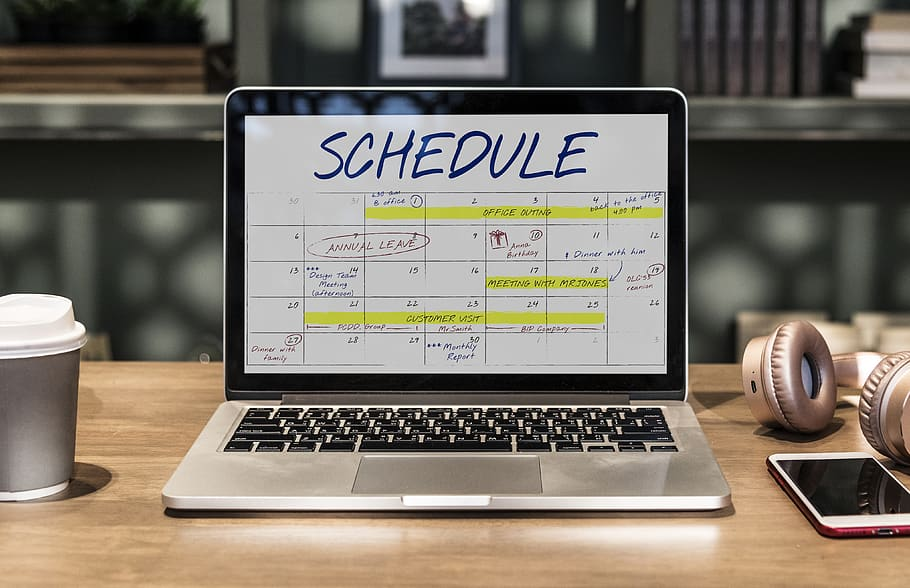
Next, we have the ad scheduling aspect of your PPC campaign. It can help you in increasing the effectiveness of your PPC efforts. If done correctly, you can boost your ads performance multiple times, get a much higher search volume, your keyword performance, and even save some campaign budget. Interested? Let’s review some of the most essential elements in that regard.
Weekend vs. Weekday
One of the most basic strategies for PPC optimization is to differentiate your ad efforts between weekdays and weekends. It can change greatly depending on how many keywords you use and your campaign goals. Depending on the industry, you will have different effects on different days of the week. For example, if you own a bar, Monday may not be the best day to promote your place. But from Wednesday on – it’s a much more sound idea.
Dayparting Strategies
Likewise, PPC conversion rates in television can also depend on the dayparting strategies. You can create many ad variations, even with the same keyword list, but with different visuals depending on the moment of the day those will be shown to the potential converting users. It can change a lot. We had a situation where our client just dimmed their ad a bit for the evening. With less light flashing into people’s eyes at night, they were likelier to look at it rather than run away from it.
Optimize Your Time
To improve PPC performance, you need to find the most effective time for your ad. Whether this would mean checking your campaign settings, looking at historical data, and other performance indicators, you will be able to see what works best in your particular situation. Maybe people are buying games, for example, during the evening hours. Perhaps no one is interested in looking for winter shoes in the summer. Analyze and proceed with the data!
A/B Testing
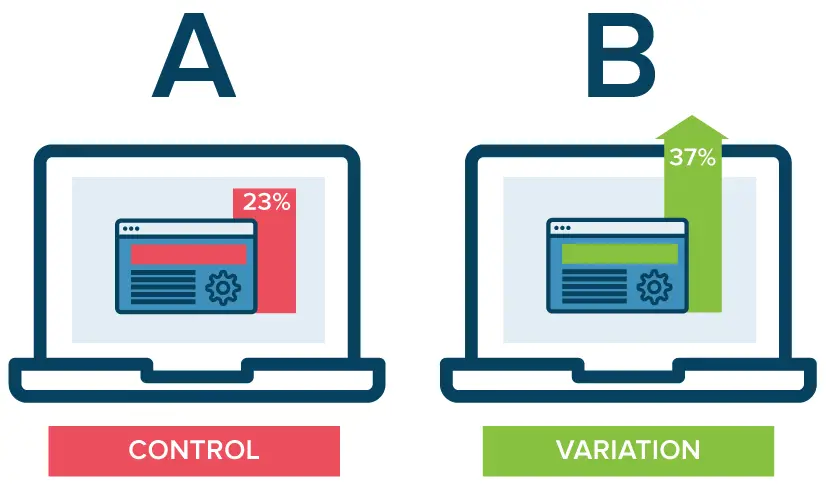
Next, we have the famous A/B testing. Sometimes, people refer to it as split testing, as it allows them to compare many different types of ads or even landing pages. It is usually used for improving the CTR and conversion rate.
With the help of such methods, you will be able to see what works for your particular product and cut some advertising costs, as you will be choosing those search results that are proven to be working. Then, your conversion data will show how well you did. Let’s go over some of the critical elements of A/B testing.
Create a Test
First, you will need to identify the variable you want to test. Maybe it will be something from your list of hostile keyword bids; perhaps you are targeting multiple regions, or maybe you need to change your ad copy – whatever you want to test regarding your performance data. After that, you must adhere to those key metrics for different variations of your ad copy, headline, or whatever you are testing.
Divide the Audience
Next, you need to run the test, set the period you are doing the test for and come to your own conclusions. Splitting traffic this way will help your market research, boost conversions and maximize sales. There are plenty of targeting options you can work with, from the landing page experience optimization, through specific keywords check, and even, as we have mentioned before, changing the colors of the ad. Remember to test one variable at a time.
Compile and Analyze
And finally – compile all the data you were able to get during your test period, collect it and come to your own conclusions. With exemplary efforts, you will be able to find the best path forward. Optimizing all of this can be hard, but if you work with different elements in multiple areas, you will be able to find the right audience and gain even higher visibility.
Quality Score Improvement
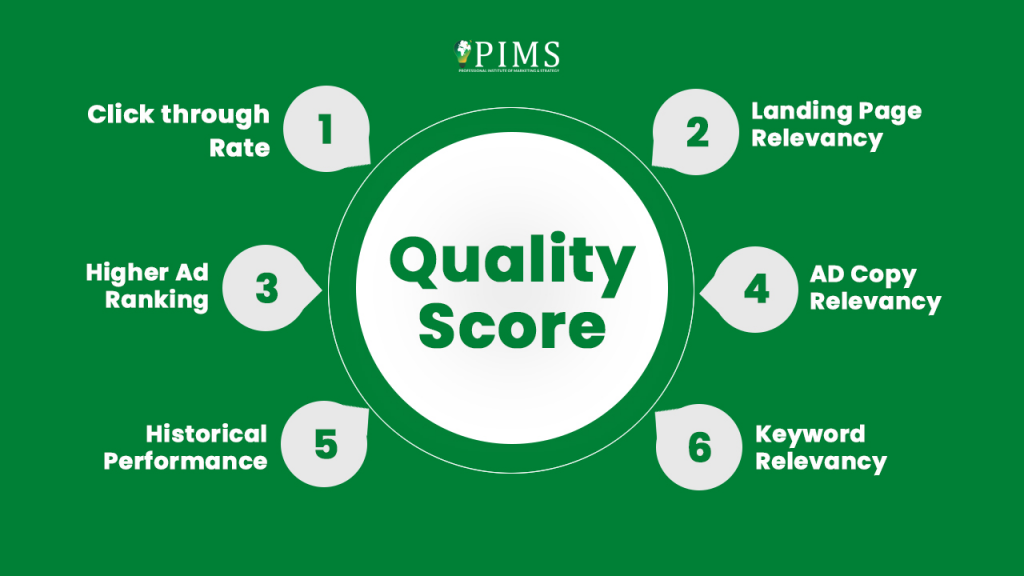
Next, we have the quality score improvement practices. It’s crucial to optimize the performance of your PPC campaigns, especially if you are using search engines like Google, to get a better campaign performance. Here, you need to focus on making your ad the most relevant to the keywords you have chosen. If you take full advantage of those practices, you will be able to have a lower cost of ads and higher ROI. It’s great for a limited budget but also for some more advanced campaigns. Let’s dive deep into the details.
Performing Keywords
You need to find the relevant keywords and assign them to the ad groups they belong to. Best performers on the market gain the most conversions from optimizing the quality score by perfectly matching the search intent with the target audience.
Ad Relevance
Make sure that your ad is relevant to the search. Creating an ad copy that will address the customer’s search and present a value proposition can increase sales and lead generation. So, be sure to present the relevant content to all of your high-performing keywords.
Landing Page
The quality of your landing page will also influence the quality score of your PPC ad. Poor performance may be connected to not having an interesting enough landing page or a site that does not match the search query. Google punishes those practices, so be sure to keep your landing page in line with your ad efforts.
Mobiles!
The next important thing to keep in mind is to optimize your ad and your landing page for mobile devices. Most people browse the internet on them, as we have mentioned before, so getting your mobile version of the ad and landing page in check will affect how your ad will be perceived and hence the quality score as well.
Conversion Tracking
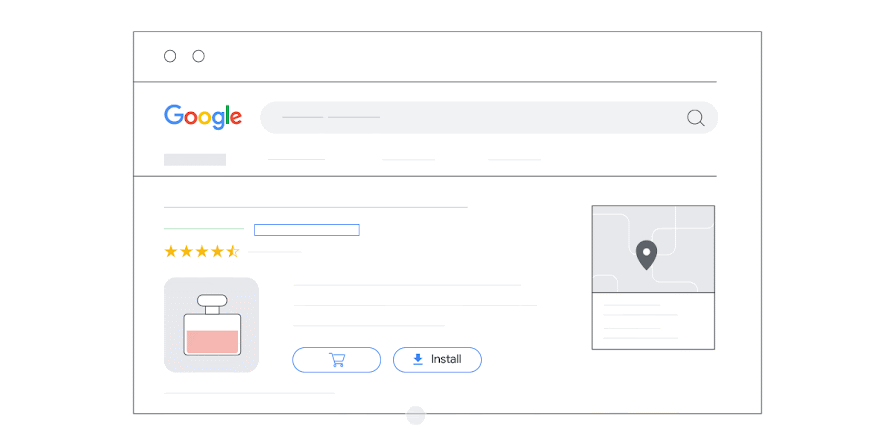
And finally, we have the conversion tracking element of our discussion. It is one of the key elements of most PPC ads, as conversion is what the whole game is about! In most cases, at least. You want people to view your ad and then act on it. Thus, in order to do so, you need to create the best PPC ad there is to increase conversions and, henceforth, sales. To optimize the conversion rate, you need to track your ads in different spaces. Here are some ways that you could improve this process.
Set Up Conversion Tracking
The first thing you need to do is to set up the conversion tracking on your website. In most cases, it will mean creating a tracking pixel from the platform you have chosen. Most of them have their own guideline on how to set it up, like Google Ads or Facebook, so be sure to browse through your ad account, and you will surely find it.
Define “Conversion”
As silly as it may sound, you need to clearly outline what exactly you mean when you are talking about conversion.. From creating an account, signing up for the newsletter, and buying something on the site, conversion is something that can change depending on circumstances, so if you want to monitor your conversions effectively – you need to know what you are tracking.
Analyze the Data
After compiling all of that information, see what kind of queries are helping you out in increasing your conversions and what are definitely not working to your benefit. Check different keywords, dates, and variables, and decide on how to proceed next. Data-driven decisions can make some real impact on your company, so be sure to make those actionable insights visible.
PPC Optimization – Conclusion
There are plenty of ways that you can utilize PPC optimization, from keyword research, improving the quality score of your ads, more advanced ad copy, and even some landing page optimization as well. Those practices can not only give you the ability to have even better results with your ads but also save money in the long run. Tracking conversions, and A/B testing, are just a few of the wonderful ways to improve your overall ad performance and campaign results.
In most cases, optimizing your PPC ad is basically gathering data and finding out what works and what does not work for your particular campaign. Even such small elements as the color of your ad and the day of publication can change the way that your ad is being perceived and, with that – how well it performs.
Optimization can change based on the platform you are using; social media advertising will be much different than creating ads for search engine optimization. If you want to have the best outcomes, you will need to see the particular details of the platform you are on. Of course, that does not mean creating something from scratch, but to optimize fully – you will need to make yourself acquainted with the crucial differences between platforms.
Thanks for stopping by! If you have any questions, feel free to ask! And, if you liked this article, be sure to check out other texts on our site. We have a lot of different guides on many different gaming, SEO, or PPC topics, so be sure to give them a chance. That is it for today; we will see you at the next one!

A PPC specialist who started with organic social media. For several years, the core of his activities are:- Google Ads, Microsoft Ads, Meta Ads, TikTok Ads, Twitter Ads, Linkedin Ads. He has led campaigns with a global reach, e.g. for FootballTeam, G2A, ETOTO, as well as many smaller campaigns in the sports, construction and financial industries. Has full focus on ROAS. Privately, a fan of football, history of wars and Star Wars.

